When I was pregnant with Squiggles I did everything I thought there was to do to prepare yourself for a new baby. I spent HOURS researching each and every baby item we bought (read here which ones you actually need), I painted and organized the nursery well before my due date, had my hospital bag packed at 30 weeks, and I went to ALL the available new parents classes offered at our hospital.
Including the one on breastfeeding.
This page probably contains affiliate links—you can read more about our affiliate policy here.
The presenter went into why breastfeeding is so good for your baby: that it will help baby get less ear infections, that it will help you bond with baby, that it will help you lose the baby weight…and so on and so on. I remember sitting there thinking, breastfeeding seems so great, why would any new mother choose to not breastfeed?
And then I tried to breastfeed my newborn.
It was the hardest thing I have ever done.
Of course, like most everyone, my delivery DID NOT go as planned and I found myself in a recovery room, hearing the wails of my newborn child and a nurse exclaiming, “She needs to eat! She needs to eat!”
I opened my eyes slowly and everything was blurred – I was lying down and was so drugged-up I could barely move. Somehow I remember the nurses deciding the best thing to do was give Squiggles a bottle. NO NOT A BOTTLE! NIPPLE CONFUSION! SHE’LL NEVER NURSE NOW! – was all that was going through my head, but I was too weak to say any of it. I felt like such a failure. I had already failed at breastfeeding and my daughter wasn’t even two hours old!
Of course, that wasn’t true.
But for the next eight weeks I felt like it was. Because that’s how long it took Squiggles to actually get the hang of nursing. She was a total mess the first few weeks. I’m talking screaming fits, arms and legs flaying. It was awful. In one of our many lactation appointments the lactation consultant (because yes I went back at least 10 times after we were discharged) didn’t even know what to do since Squiggles, my mom, and I were ALL crying.
For many people breastfeeding is easy. For me it was like wrangling a wild animal.
We tried EVERY contraption out there to try to get Squiggles to nurse: syringe feeding, the syringe with the tiny straw, the two-person approach with my husband shaking drops of formula to trick Squiggles into latching (messy as hell – and smelly too). And of course the dreaded SNS. I seriously wish I was brave enough to post pictures of me trying this damn thing. It does work for some women, but honestly there was no way I was ever going to handle it all by myself.
I hope you’re not reading this and finding yourself in the same boat, but if you are don’t stress.
There IS hope!
Squiggles eventually got the hang of nursing and is still at eight months later. If you want to keep at it here are some strategies and resources I found useful:
1. Pump
IF you want to keep trying to breastfeed (and of course deciding not to IS MORE THAN FINE!) – start pumping after each nursing attempt. At least every three hours. For roughly 20 minutes each time. This way you’ll maintain your milk supply and possibly get enough to have a small freezer stash. Plus, that colostrum is loaded with good stuff, so even if baby doesn’t nurse she’ll still get all the benefits of this early milk via bottle (Check out Breastfeeding Basics: How They Add Up for more info).
If you start using a nipple shield from the beginning, like I did, make sure you are pumping after each feeding. Nipple shields can sometimes negatively affect your supply.
For more on what essentials you need to be a pumping pro – check out What You REALLY Need as a First-Time Mom and Exclusively Pumping for a Newborn. Also, I read through the entire KellyMom site when I was in the early days of nursing, and the Exclusively Pumping page is a great place to start if you have questions.
*I highly recommend renting a hospital grade pump in the first few weeks. They are so much more powerful and can help keep your supply up.
2. Check For Tongue-Tie

Not all pediatricians catch this, and not all lactation consultants do either. I was in the hospital four days, saw our PED and a lactation consultant each day, and it wasn’t until three weeks later (during yet another lactation follow-up) that someone mentioned Squiggles might have an issue. It ended up being the case that Squiggles had lip tie and posterior tongue tie, so we went ahead and got the surgery.
Squiggles still didn’t nurse for another 4-5 weeks later, but I think this DEFINITELY made a difference.
3. Look Into Speech Therapy (and also maybe Physical Therapy)

If your baby still isn’t latching on, you are probably supplementing with a bottle. That’s what we did, and I cried about it each time. But what I didn’t know was that Squiggles was just not strong enough to nurse – and it was THE BOTTLE that helped her get stronger!
Even with a bottle it was taking over an hour for Squiggles to eat. So our pediatrician encouraged us to see a speech therapist (I know right? Who knew.). Our therapist gave us great tips on how to hold the baby the right way, what bottle types would work best (they were all about Dr. Brown’s), and mouth exercises to do to help Squiggles strengthen her sucking.
Even though our PED didn’t catch the tongue tie, he did notice that Squiggles had low muscle tone and mentioned it again at our two month appointment. Turns out – poor sucking and low muscle tone go hand in hand! It’s all connected, so if your baby is struggling with latching try to get him or her evaluated. We went on to do physical therapy, and I know it helped Squiggles get even better at nursing in the long run.
4. Try Pacifier/Finger Exercises

I mentioned our speech therapist showed us some exercises to help improve Squiggles’ sucking. At first I just thought, here we go again – another thing to add to our list of stuff that won’t work. We’d already tried every nursing position there was (it took 10 hospital pillows to get the right football hold positioning…seriously, ten), the dreaded SNS, the Boppy AND My Brest Friend, feeding syringes. You name it, we tried it. How are these sucking exercises going to make any difference?
They did.
These exercises and knowing how to use the bottle correctly was what got Squiggles to eventually nurse.
It was the day after she turned two months and I was about to pump. I thought, what the heck, I’ll just try again and see what happens. And she latched. And she nursed. FOR 40 MINUTES!
Seriously, consider trying some of these exercises. This video from Doula My Soul Lactation Services is really good and goes over most of the exercises our speech therapist showed us. If you decide to use a pacifier, try using one that is more uniform like the Philips Avent Soothie Pacifier.
5. Keep At It – But Take Breaks

After awhile it was clear Squiggles wasn’t getting any better. Our lactation consultant recommended we take a breastfeeding break. And we did.
For a whole week.
Honestly, it felt so good not having to stress about trying to nurse her. I almost didn’t want to start trying again because the weight I was feeling was so heavy. After the break we only tried breastfeeding once a day, in the morning (when we assumed she was hungriest), for only about five minutes each time.
It helped my anxiety knowing that I didn’t have to try nursing with her the rest of the day. I would just pump and feed her a bottle instead. And it may really help you to take a break from breastfeeding for a few days. After all, even if you aren’t nursing (or trying to!), newborns are super challenging. Try not to make it even harder for yourself.
6. Give Yourself a Timeframe
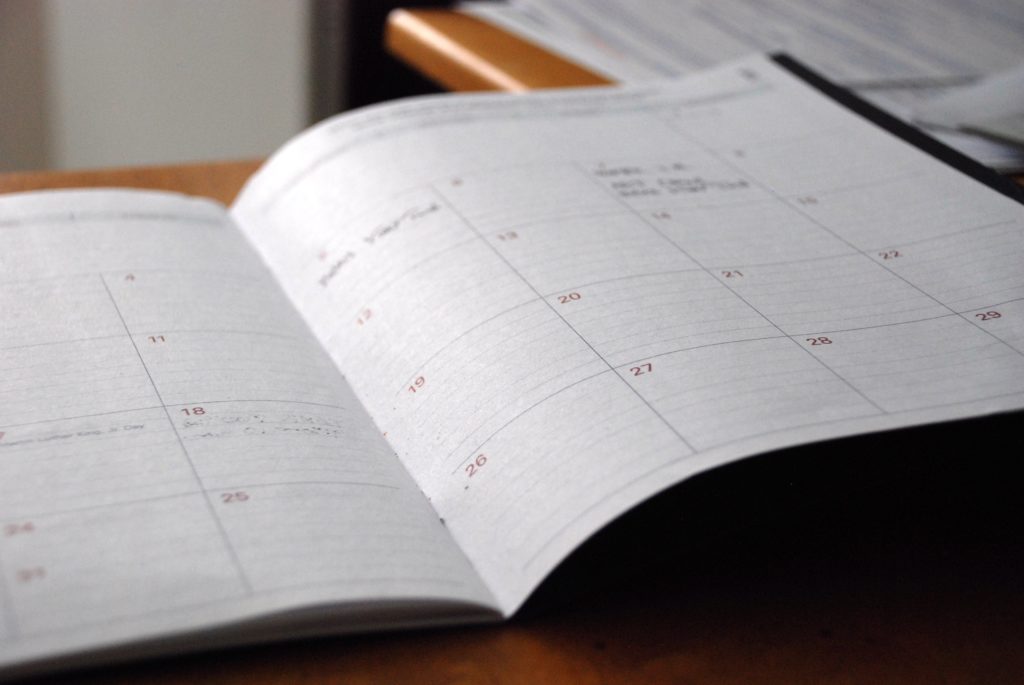
After a month went by I was pretty sure Squiggles was probably never going to nurse. It killed me, but I decided I would pump as long as I could. My goal was three months. And even though she did start nursing at 9 weeks, she still wasn’t consisted until she was about 18 weeks old.
In those first few weeks I was so stressed and angry and resentful (at her…and I hate that), and sometimes I think I should have stopped then. There was no need to make being a new mom any harder than it already is, and I hope you realize that too. Your baby will grow strong no matter how he or she is fed. All that matter is that you love your little one.
Today there’s so much pressure to breastfeed. I chose to keep going partly because of that pressure, but I hate that moms like me had to feel the way we feel. The truth is nursing can be so hard. Please remember you are doing a great job NO MATTER WHAT YOU DECIDE!
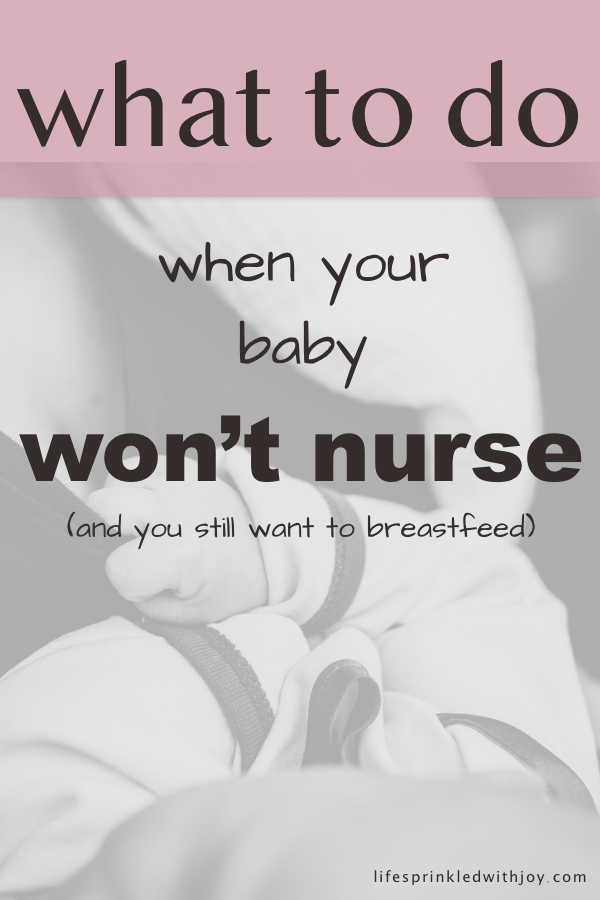
Image Credits: Jordan Whitt / Unsplash; Tim Bish / Unsplash; Andrew Branch / Unsplash; Sharon McCutcheon / Unsplash; Vladislav Muslako / Unsplash; Eric Rotherm / Unsplash

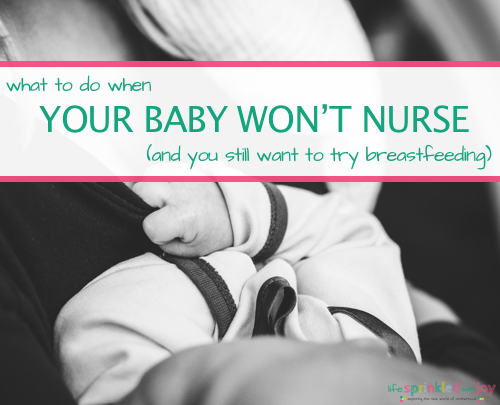
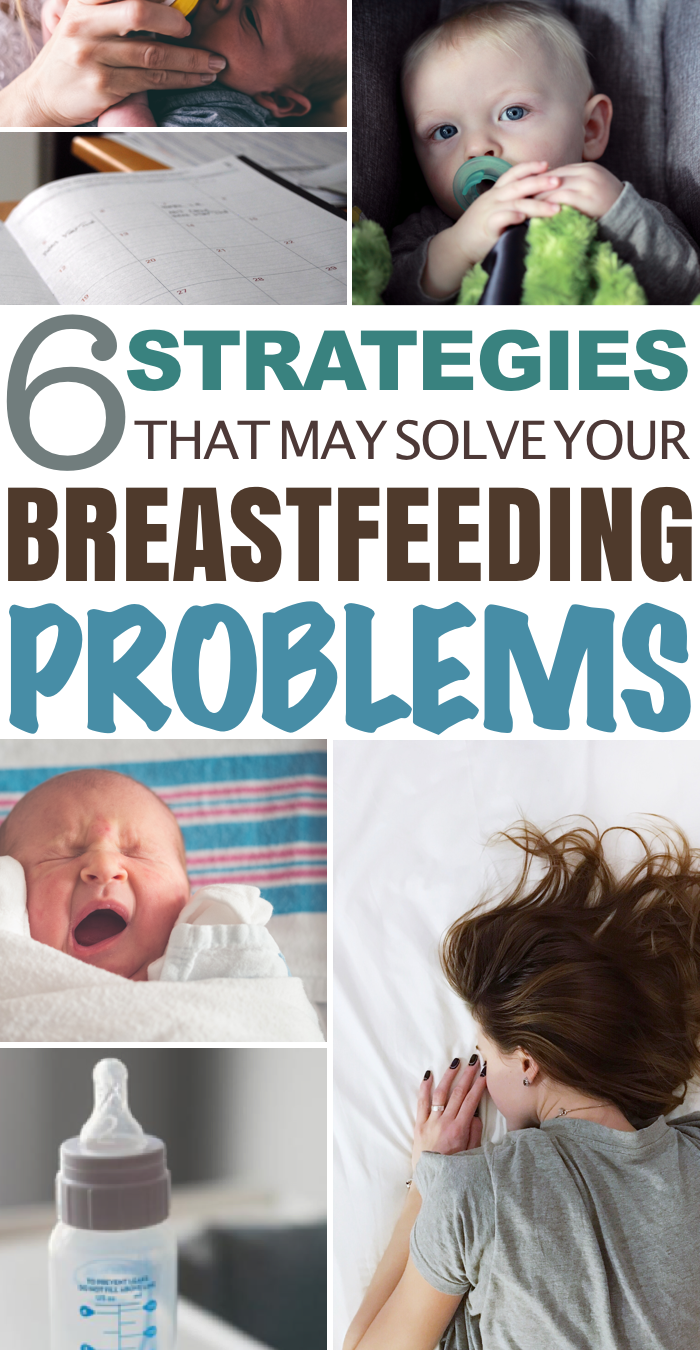
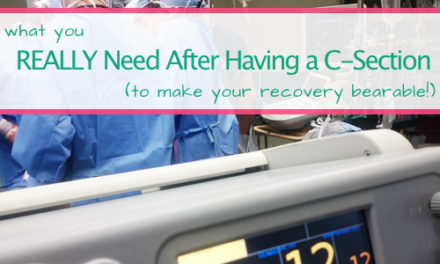


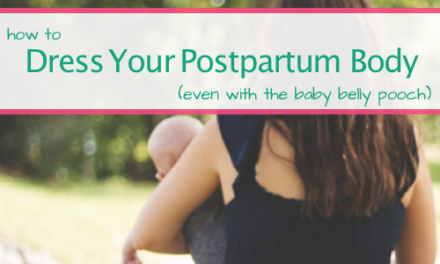
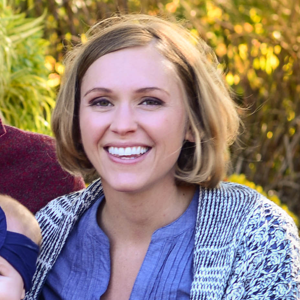
I can so relate to this post! So many similarities in our breastfeeding story with tongue tie, low muscle tone, speech therapy, SNS, and lots and lots of pumping. I too had a reality check about why people quit nursing…it can be really, really, really hard. I’m so glad we stuck with it, it’s a huge blessing for us. Loved reading about your journey!
It’s crazy right! Breastfeeding is so challenging – I wish I had been better prepared! Glad it is going better for you!